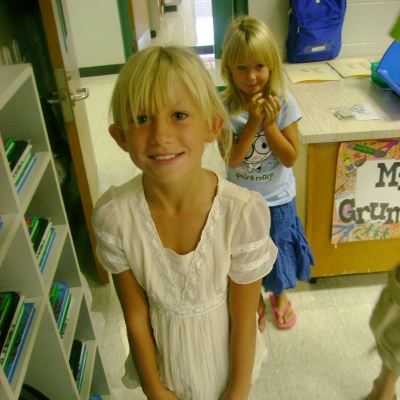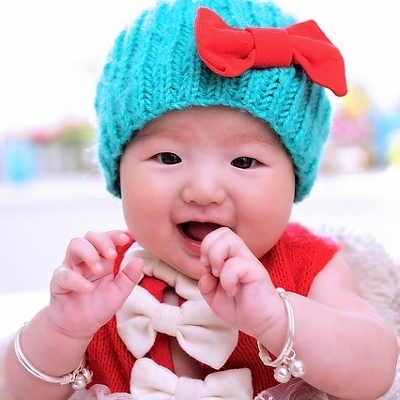 We live in a social world where populated playdates and pre-k are the norm for kids aged one through five. But for many children, kindergarten is the first time they are completely surrounded by twenty or more peers at once, and one adult.
We live in a social world where populated playdates and pre-k are the norm for kids aged one through five. But for many children, kindergarten is the first time they are completely surrounded by twenty or more peers at once, and one adult.
Imagine being five years old for a moment. Remember your first day of school. Remember being dropped off, and left to duke it out for attention from one person, whom became the classroom surrogate mother (and some rare occasions, father). What was your first impression of your classmates? Your teacher? Your parents for leaving you there for 8 hours?
Children can develop very serious feelings (both positive and negative) based on a first impression which can make or break an entire school year. When twenty children meet for the first time, there is almost instantly a competition of who is who. Not a comparison to explain diversity, but a competition of who is cooler, smarter, prettier, taller, thinner, funnier and who is left.
Let’s face the facts. If only a small percentage of children in a class have special needs, it obviously means that they are the “who†that are left.
Children with special needs are aware they have special needs. They are aware that most other children may not have any special needs and they may feel out of place or that they don’t ‘fit in’.
Having a disability, physical or emotional, imposes enough stress to make a child self-conscious about how they will be perceived by their able new friends. Children aren’t instinctually prepared for the types of questions they may be asked. Were you born this way? Will you be like this forever? Why do you look like that? These questions may sound harsh, but it’s what honest kids ask. They want to understand and they don’t mean to be rude. But it is perceived as a judgement and an insult.
When you introduce your child to a new peer environment, such as kindergarten, or another grade at a new school, it is important all children be given a fair opportunity to express who they are safely without judgement. It is vital that educators, assistants and parents work together to enforce a transparent and open communication with students to enrich them on ethics, social responsibility and humanity. The world’s cultures are constantly changing, and if children are not prepared to understand they won’t.
For the first day of school, tell your young one, “You are going to meet a lot of new people who can teach you things about them, if you can teach them things about you. Let them know what makes you special, and celebrate what is special about everyone in class.â€
Be proactive and ensure that your children begin their school year with healthy relationships with their teachers, authority and classmates from day one. Â How they see people for the first time will ultimately impact how they see people for the rest of their lives.










